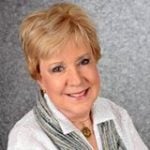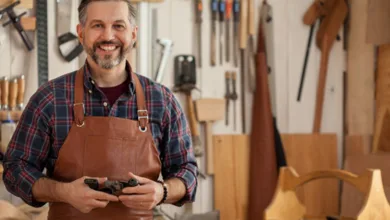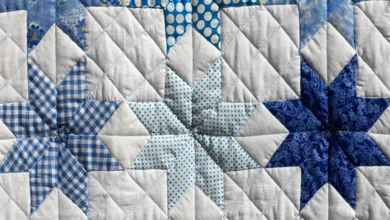Connecting Timelines

It’s a familiar story: We are born, grow up, work, and have a family. In later years, we reflect on chance occurrences that caused our lives to veer from one path to another, with different friends and in various places. Our timelines interweave with many others.
Recently, I visited an old Quaker meeting house and cemetery. There are no statues, no mausoleums, no family plots. Quakers believe in simplicity and equality with burials, where even the marked graves have very simple headstones. The uniformity and plainness belie that these people once had busy, vibrant lives. Although the headstones are gray and weather-worn, all of the dead were buried one at a time, their lives co-mingling with others at different times. Each story is distinct and passed to succeeding generations.
Time is a strange concept. There is “then,” and there is “now.” Our stories connect with others in the present tense while overlapping with those who preceded us and those who will follow, like a woven cloth on an endless loom. Meanwhile, time is supposed to be measurable and absolute, but it doesn’t feel that way. It seems to speed up and slow down at odd intervals. Time spent waiting for a doctor can seem endless, while a fun vacation ends in a flash. Referring to raising children (mine are all grown), a friend once said, “The minutes are sometimes hard, but the years fly by.” I’ll bet this phrase has applied across every generation.
Some people live only in the present tense. They don’t fret over the past or the future — only what is happening at the moment. Rarely do they plan their next steps, nor do they contemplate what led them to their current situation. “It is what it is.” There is happiness in that — no worries about the future or guilt about the past.
That’s not me. I drift in time. Sometimes, it’s genealogy or historical research; sometimes, it’s just looking up a topic I want to know more about. My mind is a lint trap of extraneous information, like “Slum Dog Millionaire.” Today, it’s daffodils. Yesterday was Philadelphia museums, and tomorrow, probably the San Francisco earthquake (I’m reading a fictional account now). Was the famous opera singer Enrico Caruso in San Francisco on Wednesday, April 18, 1906?
The search often uses what I’ve learned, decoding current events and plotting future possibilities. I plan to avoid whack-a-mole moments, like, “If this is happening, where will it lead, and what can I do about it now?” Studying history reveals familiarity with the present — déjà vu. Our current political situation suggests that this kind of analysis is timely.
Time is a strange concept. There is “then,” and there is “now.” Our stories connect with others in the present tense while overlapping with those who preceded us and those who will follow, like a woven cloth on an endless loom.
I’ve been researching the distant past for common threads across continents. Science has progressed dramatically in dating fossils, tools, ash layers, etc. LIDAR drones enable us to see the outlines of buildings lost amid foliage-covered landscapes; DNA and chemical analyses enable accurate dating. Old paradigms of human history have been shattered. We used to believe that humans crossed the Bering land bridge from Russia to North America after the last Ice Age, about 12,000 years ago, and then slowly migrated south. Recently, settlements that flourished many thousands of years before this date in South America have been uncovered, pushing the human story back much further.
When Egypt was forming its first dynasty in 3000 BCE, horses were being domesticated in Asia. Indo-European settlers arrived from the steppes, spreading the rudiments of our language across multiple cultures. Timelines overlap. People intermingle through trade or natural disasters. In the present tense, the current immigration issue appears to be monumental and singular, but we’ve been here before. A study of history shows that migrations have been going on for thousands of years under many different circumstances — sometimes disease, sometimes weather, sometimes war, or invasion.
History also shows that there have been climate interruptions lasting hundreds, even thousands, of years, both warm and cold, wet and dry. The Bronze Age ended abruptly in roughly 1200 BCE for undetermined reasons. Evidence suggests widespread drought in the Mediterranean region. In those days, if the crops failed, mass starvation followed. The timeline continued with stories of endurance and resilience by those who survived.
We begin 2025 with our feet firmly in the present tense. We are poised for what the future holds. With the past as a guide, “the minutes will sometimes be hard, but the years will fly by,” and our stories will continue the timeline.






